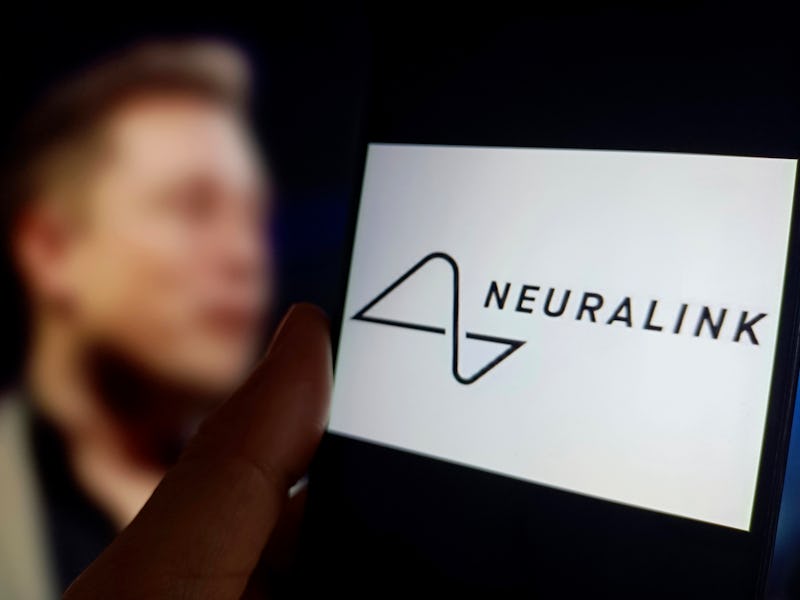Watch Neuralink's First Human Recipient Play Chess And Civilization 6 With His Mind
“It was like using the Force.”

In the latest saga that is Neuralink’s first human outfitted with its brain-computer interface device, the company released a video of its 29-year-old participant successfully playing chess with just his mind.
In a live stream broadcasted Wednesday on X, also owned by Neuralink CEO Elon Musk, Noland Arbaugh, who received the implant (dubbed Telepathy, according to Musk) in late January, is seen playing chess on a laptop and chatting with Neuralink’s brain interface software lead, Bliss Chapman, about his experience thus far.
“It was like using the Force [from Star Wars] on the cursor. I could get it to move wherever I want it to, just stare somewhere on the screen… which was such a wild experience,” said Arbaugh.
The 29-year-old described becoming a quadriplegic eight years ago due to a diving accident that left him paralyzed from the shoulders down. Arbaugh said he loves playing chess and, prior to the implant, had a limited ability to play, mostly relying on a mouth stick to assist in controlling his laptop. The video appeared to show him moving around the cursor and manipulating some of the virtual chess pieces.
Outside of chess, Arbaugh said the implant has allowed him to play the strategy game Civilization 6, which he stayed up playing for eight hours straight after Neuralink gave him complete control of the implant.
Despite the fanfare of the live stream, this isn’t the first time someone has been able to move a cursor with the power of their mind. Such attempts have been made in the past — as early as 2004, although not wirelessly as Neuralink’s device operates; competitor Synchron’s implant, which sits above the brain’s motor cortex, enabled participants to type on virtual keyboards just with brain signals. Neuralink’s Telepathy relies on existing brain-computer interface technology — which interprets brain signals into actions — that experts have told Inverse isn’t exactly novel or innovative.
While Neuralink announced it would start recruiting participants for its first human clinical trials in the fall following approval from the U.S. Food and Drug Administration in May 2023, there has been little update on the status of such trials and no mention on clinicaltrials.gov, as of Thursday.
If that wasn’t a red flag, there are concerns about the implant’s safety. When Neuralink first demonstrated its results from animal testing, Musk had previously stated on X that none of the monkeys involved in the company’s experiments died as a result of the implant. This was later contradicted by a medical ethics report that found abundant evidence of the animals suffering from debilitating health effects, particularly to the brain.
“[The implant] is not perfect, I would say that we have run into some issues,” Arbaugh said towards the end of the live stream. “I don’t want anyone to think this is the end of a journey, there’s a lot of work to be done.”